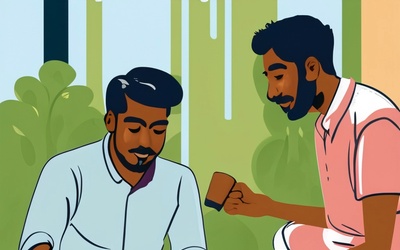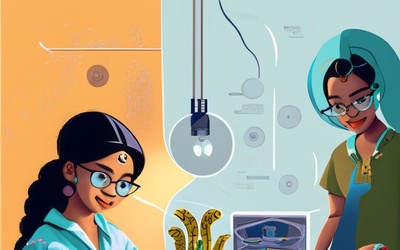|
Reproductive and sexual health is of due consideration as
far as any country or state is concerned. The very relevance of the topic has
necessitated its inclusion in academic curriculum in many countries across
the globe. WHO defines sexual health as, “state of physical, emotional, mental, and social well–being in relation to sexuality; it is not merely the absence of disease, dysfunction, or infirmity. Sexual health requires a positive and respectful approach to sexuality and sexual relationships, as well as the possibility of having pleasurable and safe sexual experiences, free of coercion, discrimination, and violence. For sexual health to be attained and maintained, the sexual rights of all persons must be respected, protected, and fulfilled.” |
|
In the survey
conducted by U-Report India, around 25,000 young people across India interested
in contributing to decisions that impact our choices to access sexual and
reproductive health information and services. Around 53%
of the responders were from a village area. And 40% of them have
completed higher secondary schooling. 50%
(almost 22,000) of young U-Reporters did not know what modern
contraceptive methods are. Surprisingly,
59% of the U-Reporters who knew about the modern contraceptive methods think
that “Modern contraceptive methods are 100% effective in preventing
pregnancies.” 1% of
the U-Reporters (around 100) think that Religious and community
leaders should make decisions about which contraceptive should be used by the young people in contrast to 58% of the young people think that “Healthcare Providers” should make the decision. 20% of the
U-Reporters (around 1200) think that “contraceptives can be used
immediately after delivery or abortion” while 38% didn’t know the
answer to this question. For the
question “what is the minimum gap that a couple should maintain after
childbirth before trying to become pregnant again?” 37% of the
U-Reporters answered saying 3 years, while 24% answered saying “2 years”. Around 45% of
U-Reporters (out of 16000 responders) said that one should wait between
1-3years to become pregnant after a miscarriage or abortion? 46% of the
responders are of the opinion that the person herself can give consent
for terminating the pregnancy when the pregnant person is 18 years or above.
While 50% think that Parents or partner should consent on the same. |
My thoughts on the above poll results: Limited Knowledge about Birth Control: Half of the surveyed young people didn't know about modern birth control methods. This shows the need for better education on reproductive health, especially in rural areas. Misunderstanding Contraceptive Effectiveness: Many who knew about contraceptives thought they were 100% effective. This means there's a lack of awareness about how well they work.
Different Opinions on Birth Control Decision-Makers:
Some believe doctors should decide on birth control (58%), while a few think
religious leaders should (1%). This shows that people have different ideas,
highlighting the importance of inclusive discussions on reproductive health. |
Author: Miriam Sam & Navni Krishna |








